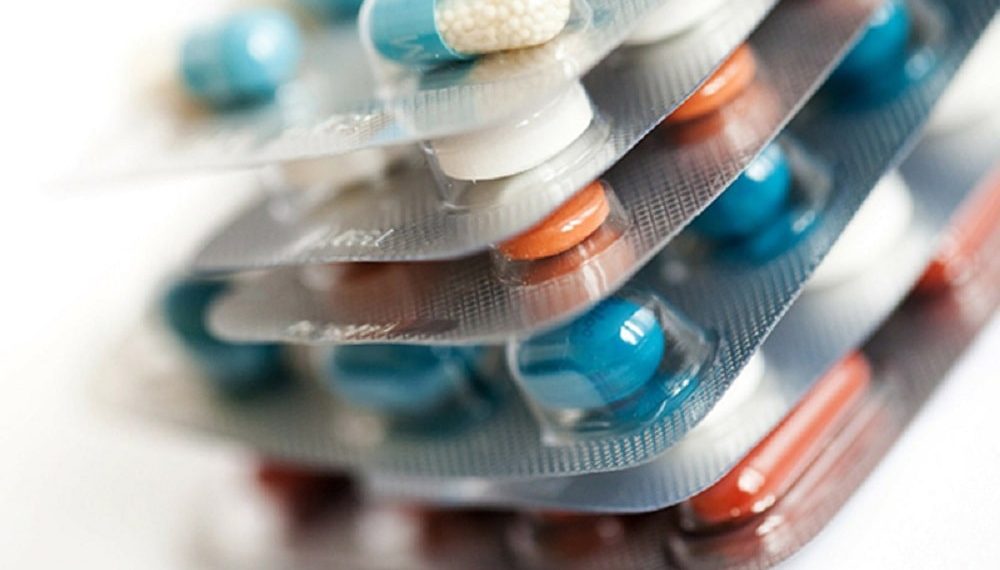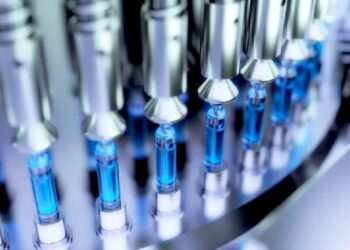University of Copenhagen pharmacy department assistant professor Natalja Genina said: “This technology is promising, because the medical drug can be dosed exactly the way you want it to.
“Simply doing a quick scan, you can get all the information about the pharmaceutical product. In that sense it can potentially reduce cases of wrong medication and fake medicine.”
The researchers used inkjet printing (IJP) technology to tailor doses according to individual patient needs, and found that this printing did not affect the substrate’s mechanical properties.
It was also observed that the actual drug content of the printed dosage forms was in accordance with the encoded content, and the QR encoded dosage forms were readable by a smartphone.
The researchers expect that their study could aid in the development of a regular printer for the application of drug in a QR code pattern, while the edible material will have to be made in advance to enable on-demand production of medical drugs near end-users.
University of Copenhagen pharmacy department professor Jukka Rantanen said: “If we are successful with applying this production method to relatively simple printers, then it can enable the innovative production of personalised medicine and rethinking of the whole supply chain.”



















